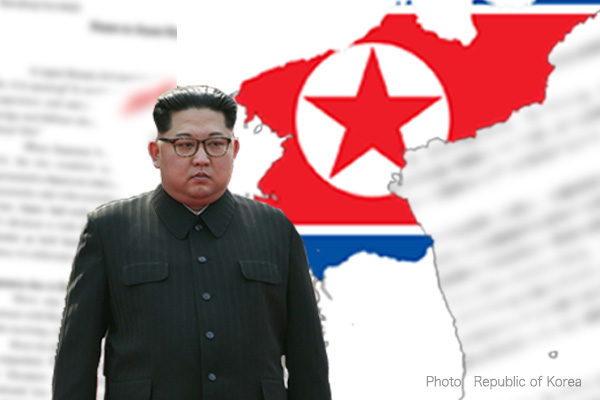Russia facing an uphill battle in Ukraine is in the process of negotiating to import millions of artillery shells and rockets from North Korea, the White House national security spokesman John Kirby told reporters on September 6. Whether some of them had already been imported was not clear, he said.
Russia has also decided to use North Korean workers in Donetsk and Luhansk in eastern Ukraine that have been led by Moscow to declare independence from Ukraine. Russian Deputy Prime Minister Marat Khusnullin has acknowledged that Russia had requested Pyongyang to send workers, according to the Tokyo Shimbun newspaper on September 6.
North Korea withheld response at secret talks in March
These reports prompted me to recall that Russian Defense Minister Sergei Shoigu had secret talks with senior officers from the North Korean People’s Army in Beijing in March. While Shoigu had hoped to visit North Korea, Pyongyang made a counterproposal to have talks in Beijing because of its ban on foreigners’ entry amid the COVID-19 pandemic. As Shoigu requested North Korea at the meeting to dispatch special forces and provide missiles and their parts, the North Koreans answered they would consider the requests. Knowing that Russian forces were weaker than expected, North Korean leader Kim Jong Un decided to refrain from intervening in the Ukraine war while expressing full support for Russia, informed sources told me at that time.
While Russia domestically retains North Korean workers despite a ban imposed by United Nations Security Council sanctions, North Korean authorities were embarrassed that wages are paid in rubles that are unable to be converted into dollars after the launch of the Ukraine war, the sources said,
So, I thought this time that North Korea might not provide ammunitions or workers to Russia. But informed sources have recently told me that North Korea had expressed readiness to provide support for Russia and is now conducting bilateral talks behind the scenes.
North Korea plans to send special forces disguised as workers to Donbas
According to the sources, a military attaché at the North Korean embassy in Moscow under the instruction by Kim Jong Un has told the Russian officials that Pyongyang was ready to provide rockets and artillery shells; that special forces disguised as workers would be dispatched to the Donbas region (Donetsk and Lugansk) for reconstruction and potential participation in the battle; and that Pyongyang would like to receive either dollars, refined oil (gasoline or other petroleum products rather than crude) or food in exchange for the support. The North Korea-Russia talks are still going on, with no final conclusion produced, the sources said.
Rockets and shells owned by North Korean forces are mostly from Russia and compatible with those of Russian forces. Due to their bad storage conditions, however, many of them are likely to remain unexploded after being fired. When North Korea conducted an artillery attack on South Korea’s Yeonpyeong Island in November 2010, half the shells fired reportedly remained unexploded or fell into the sea.
Russian forces have plunged into serious difficulties and have no choice but to request support from North Korea known as one of the poorest countries in the world. Russia’s plans to import military supplies from North Korea and use North Korean workers run counter to U.N. sanctions. If the Russian plans are implemented, the international community should impose tougher sanctions both on North Korea and Russia.
Tsutomu Nishioka is a senior fellow and a Planning Committee member at the Japan Institute for National Fundamentals and a visiting professor at Reitaku University. He covers South and North Koreas.


